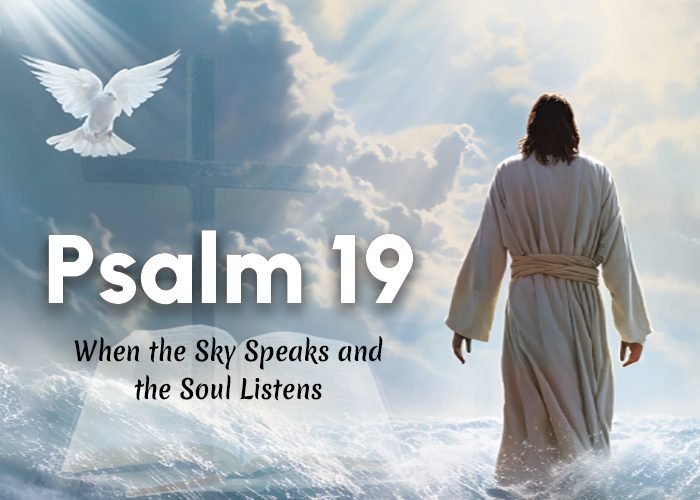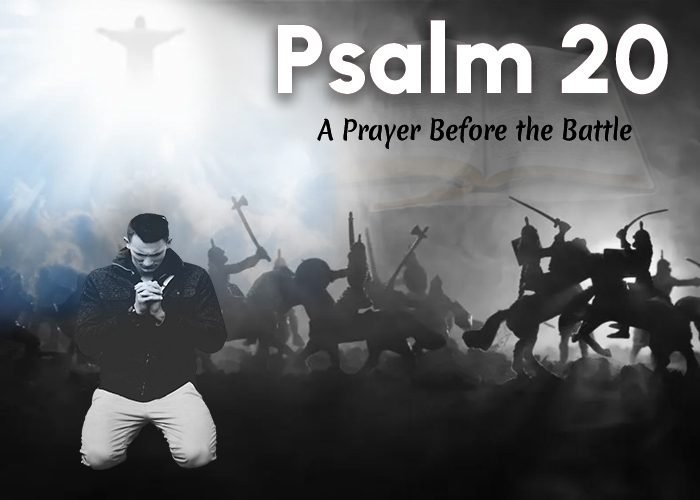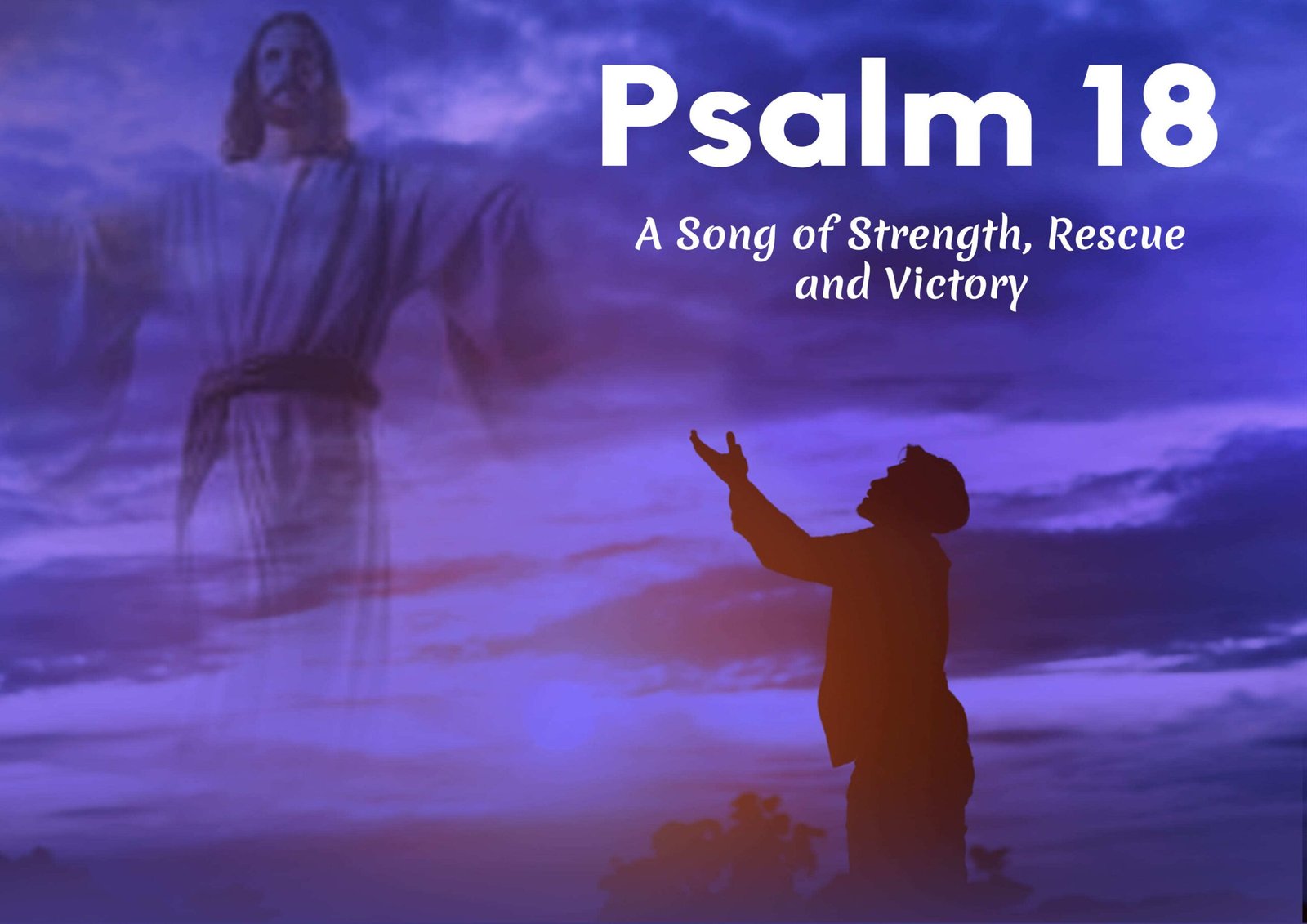Before we dive in, Psalm 19 is traditionally attributed to King David, the shepherd-poet-warrior of ancient Israel. This psalm is part of the Book of Psalms, written in Hebrew, and scholars believe it dates back to around the 10th century BCE. It’s considered a poetic masterpiece that bridges the beauty of creation with the power of God’s Word. Now, let’s explore what makes this Psalm so timeless.
1. The Sky Has a Message
Psalm 19 opens with one of the most beautiful lines in scripture: “The heavens declare the glory of God.”
It’s like creation is constantly speaking, without words, about who God is. Every sunrise, every starry night quietly points upward. Even before humans wrote theology, the skies were already doing it, just by showing up every day and night. Nature, here, becomes a silent preacher.
2. Nature Isn’t Just Pretty, It’s Profound
This psalm reminds us that the world around us isn’t a cosmic accident. It has structure, rhythm, beauty, and purpose. Nature reflects its Maker. David specifically calls out the sun, describing it like a bridegroom stepping out of his chamber, full of life and promise. In ancient times, many cultures worshipped the sun, but David flips the script. The sun isn’t a god; it points to God’s greatness and consistency.
3. From Skies to Scripture
Midway through, Psalm 19 takes a thoughtful turn. It’s no longer about the natural world; it shifts focus to God’s Word, and the language changes too. Instead of painting the sky, David starts describing God’s law with words like perfect, trustworthy, right, and radiant. He’s not talking about dry commandments here, but he’s talking about something alive, something that brings joy, clarity, and wisdom. This contrast between the silent sky and the spoken Word shows two powerful ways God speaks: through creation and through revelation.
4. It’s Not Just Law, It’s Life
To David, the commandments weren’t killjoy rules. He says they’re more valuable than gold and sweeter than honey. Imagine craving God’s Word the way you crave dessert.
He recognized that Scripture wasn’t just for the head; it was meant to shape the heart. It warns, it guides, and when followed, it brings reward not necessarily riches, but something even deeper: peace, purpose, and alignment with God.
5. Bringing It Back to the Heart
After all the big cosmic themes, David ends with something deeply personal: “Let the words of my mouth and the meditation of my heart be pleasing in your sight.”
He zooms in from galaxies to the inner life. The point of all this, creation, scripture, isn’t just to wow us, but to transform us. David knew that the only fitting response to a majestic God is a life that’s lived with humility, honesty, and devotion.
Psalm 19 isn’t just poetry; it’s a mirror. It asks us to look up at the skies, dive into God’s Word, and then look inward. And maybe, just maybe, do something about what we see.






